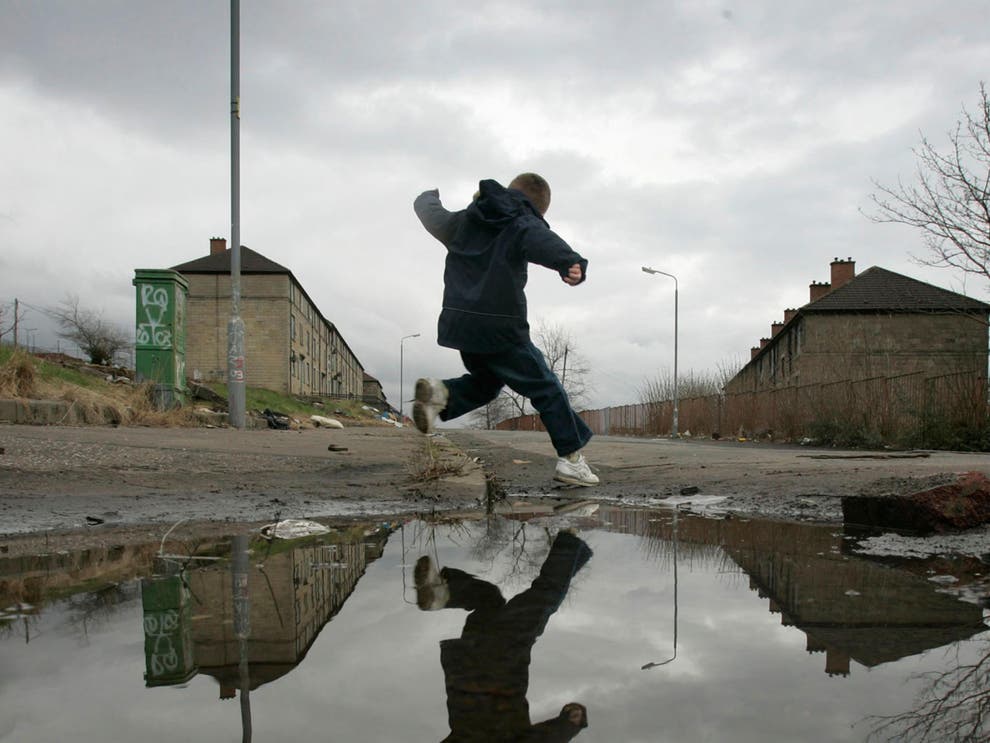Warnings of ‘debt crisis’ as millions fall into arrears during pandemic
Third of low income households now in arrears with household bills, warns Joseph Rowntree Foundation

Experts are warning of a “debt crisis” for millions of families in the UK after research revealed the number of households on low incomes in arrears has tripled since the pandemic hit.
A study by the Joseph Rowntree Foundation (JRF) into households in the bottom 40 per cent of incomes in the UK – those with an income of £24,752 or less – shows a third of them are in arrears with household bills, compared with around 11 per cent prior to the pandemic.
Of these, 950,000 are in rent arrears, 1.4 million are behind on council tax bills and 1.4 million are behind on electricity and gas bills.
Working-age households on low incomes – those aged 18-64 – have been particularly hard hit, with 44 per cent of them in arrears, while for households aged 18-24 this rises to almost three-quarters (71 per cent).
The findings, based on a survey of 4,193 low income UK households, show that a large majority of households who are now behind on their household bills (87 per cent) said that they were always or often able to pay all their bills in full and on time before Covid hit.
“There is a debt crisis hanging over millions of families on low incomes,” said Katie Schmuecker, deputy director for policy and partnerships at JRF.
“Behind these figures are parents gripped by anxiety, wondering how they will put food on their children’s plates and pay the gas bill; young people forced to rely on friends to help cover their rent and avoid eviction.”
The charity said this was not surprising given people on low incomes were more likely to lose income during the pandemic due to job loss, reduced hours or being furloughed.
It said many families on low incomes were also still reeling from the £20 per week universal credit cut earlier in the month, and that the continuing rise in energy bills - with the price of energy projected to soar further in the coming months – were also contributing.
“We know the chancellor is capable of taking bold action to protect people from harm when it is required. Reinstating the £20 per week increase to universal credit and boosting funding for councils to tackle debt must be priorities in next week’s budget,” Ms Schmuecker added.
The JRF notes that the comparison between how poorer and wealthier households have fared during the pandemic is “striking”, with the Bank of England having found that wealthier households have tended to accumulate savings during the pandemic.
These households were more likely to stay in work and to be able to work from home, reducing daily costs, and to save money during lockdown due to enforced saving. Homeowners also benefited from rising house prices.
Fiona Colley, director of social change at Homeless Link, said the analysis laid bare how the economic fallout of the pandemic was “hitting low-income households hardest”, and warned of a likely rise in homelessness.
“Evictions from the private rented sector has been one of the biggest causes of homelessness over the past five years, so the number of households falling into arrears will almost certainly lead to an increase in those experiencing homelessness over the coming months,” she said.
Alison Garnham, chief executive of Child Poverty Action Group, said the new findings amounted to a “storm warning”, adding: “Millions of families look very precarious as we sail into even rougher seas with costs and household debt rising. The spending review must include measures to help struggling families and the priority must be reversing the universal credit cut.
“But real investment in children and their families will also require restoring the value of children’s benefits, more help with childcare costs and an expansion of extended schools.”
A Department for Work and Pensions (DWP) spokesperson said the best route towards financial independence was through well-paid work, and that its “multi-billion pound Plan for Jobs” was helping “boost skills and opportunity”, while universal credit continued to provide a “vital safety net for millions”.
“The Household Support Fund is helping the most vulnerable with essential costs through this winter, and is distributed by councils, who are best placed to ensure those in need in their local areas can be identified and supported as soon as possible,” they added.
Join our commenting forum
Join thought-provoking conversations, follow other Independent readers and see their replies
Comments
Bookmark popover
Removed from bookmarks